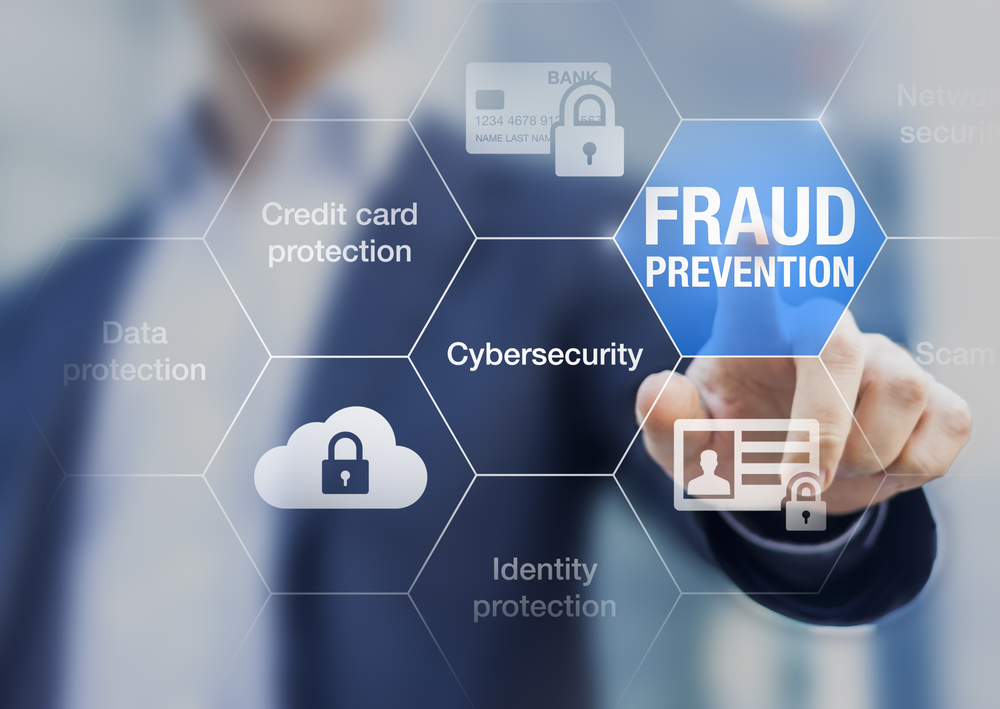These days, it’s more common than ever for banks to be hit with online hacks or other security breaches. Rather than react to learning your personal and financial information were part of the hack, you’re better off doing your part to protect your information from the jump. The right online safety tips can go a long way in preventing an unnecessary disaster and minimizing the fallout of a massive online banking hack.

Shutterstock Licensed Photo – By NicoElNino
Regularly Change Your Password
While it’s great to come up with a strong password, it’s even better to regularly change that password. Password managers and generators make it easy for you to come up with a secure password without worrying about having to write it down or otherwise remember it.
If you prefer coming up with passwords on your own, bear in mind that the longer they are, the better. You also want to use a combination of upper and lower-case letters and numbers. Aim for changing your password at least every three months.
Use Two-Factor Authentication
Do some digging to see if your bank offers two-factor authentication. What this does is require you to enter not only your password but another randomly generated code before you gain access to your bank account. You can enter your regular password online, then have the random code sent to your phone for you to input. That way, even if hackers guess your regular password, they do not have access to your phone, meaning that they do not have access to the secondary code, barring them from your sensitive information.
Refrain From Banking on Public Wi-Fi
The next time you think about checking your banking account using a public Wi-Fi connection, don’t. While convenient, public internet connections are not usually well-protected, leaving you open to the diabolical whims of hackers using the same connection. Specifically, hackers can peek at your passwords and browser history. If you have no choice but to check your bank account when you’re out and about, use your phone’s mobile data.
Keep an Eye on Your Bank Statements
Another good habit to develop is keeping a close eye on your banking activity. A couple of times a month, log into your account to see if you notice any suspicious activity or transactions. If there’s anything you don’t remember or recognize, get in contact with your bank immediately to see if you can get it cleared up or explained.
Also Read
Learn How To Freeze Your Card
It’s easier than ever to put a quick freeze on your debit card if you’ve left it behind at a restaurant or fear your account may have been hacked. That said, you should still know exactly what to do and what to expect when you freeze your card. Reach out to your bank and ask them to give you a step-by-step breakdown of how to freeze your debit or credit card and what you need to do to unfreeze it. Knowing what to expect can help take some of the hesitation out of having to freeze your card.
Utilize Anti-Virus Software
Of course, you can’t go wrong with online security basics like antivirus software. There are plenty of free programs you can utilize, just make sure you do some research to determine how trustworthy and effective they are. When you find software or a program you like, be sure you set it so you get automatic updates. That way, you can rest easy knowing you’ve got the latest and most effective protection.
Think Twice About Banking Emails
Use caution if you ever receive an email from your bank asking for your login credentials. GBTI Bank reminds consumers that reputable banks will not ask for your account information in an email. Usually, if there is an issue with your account, you will log into your account and handle it from there. Even if the email doesn’t ask for your login credentials, it could still include a bad link that hackers can use to steal your information.
On a related note, be cautious if you get a call from your bank. Specifically, do not give out your login or financial information over a phone call. Should you ever get a call from your bank, it’s better to err on the side of caution and hang up before calling the number on your debit/credit card or directly from the bank’s site. If the caller is actually from your bank, she or he will understand (and likely appreciate) your caution.
Double-Check Sites
Even if you type in your bank’s website address, there is no guarantee you will access the right site. Before entering your credentials, double-check that the address in the search bar starts with “https” and has a padlock symbol to the left of it. That way, you know the site and your credentials are secure. If you like, you can download a special browser extension that automatically encrypts your data, as long as the site allows for it.
You can never be too careful about protecting your financial health and your peace of mind. You may feel as if you are going a bit overboard in your efforts to remain safe, but that feeling is sure to pay off in the long run.
